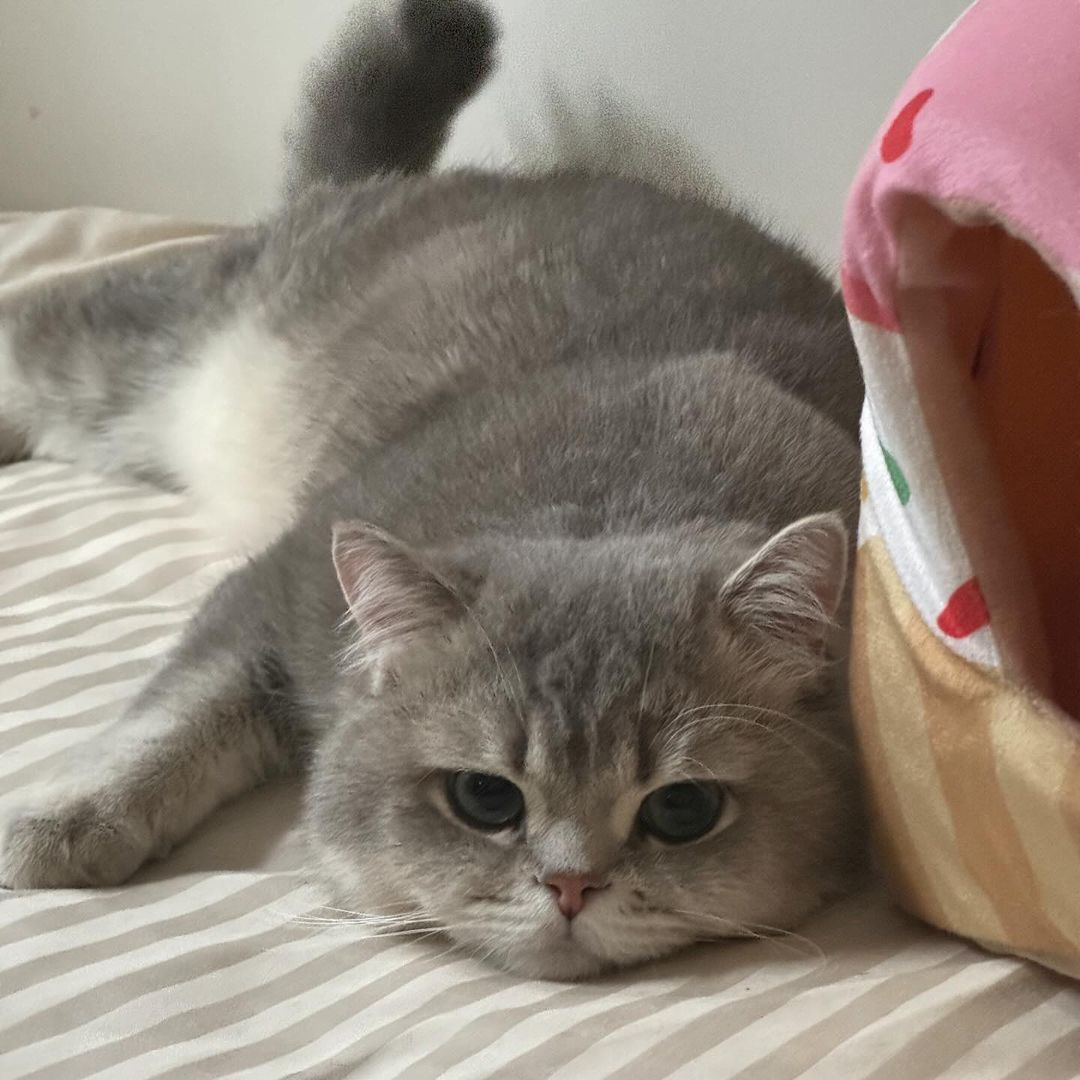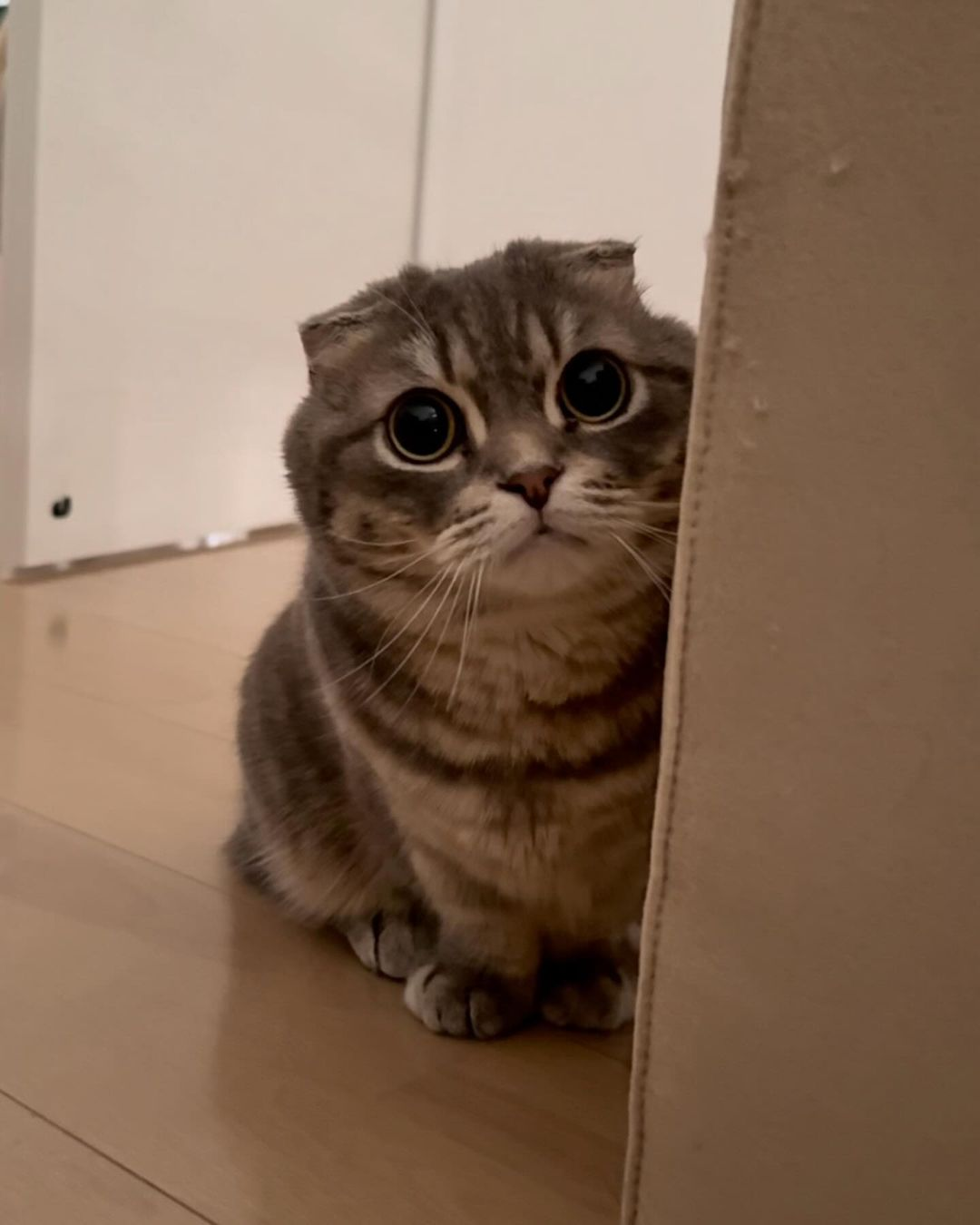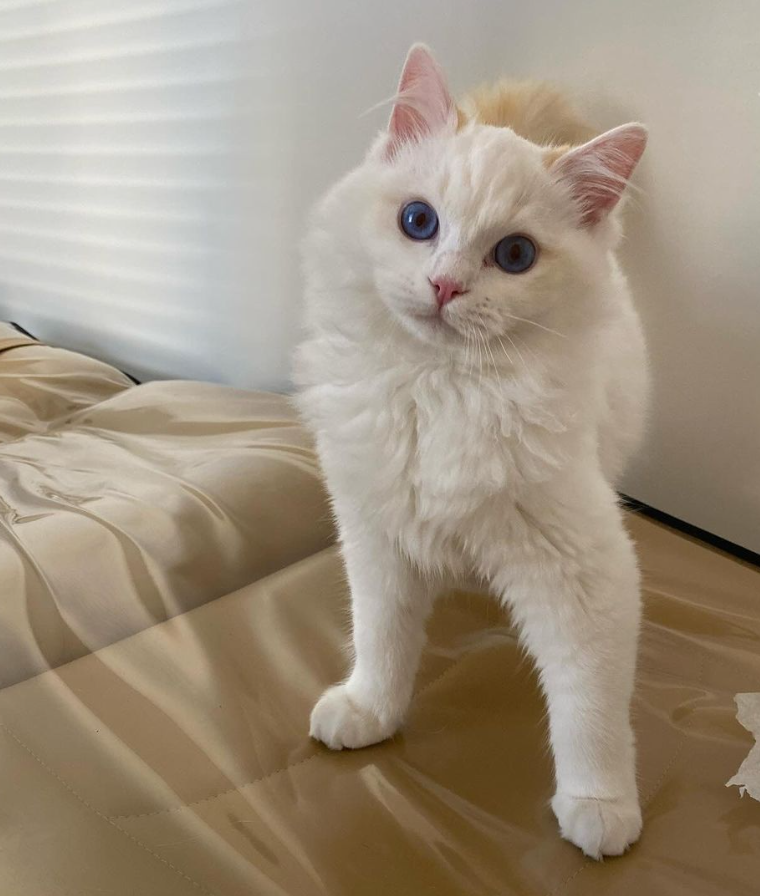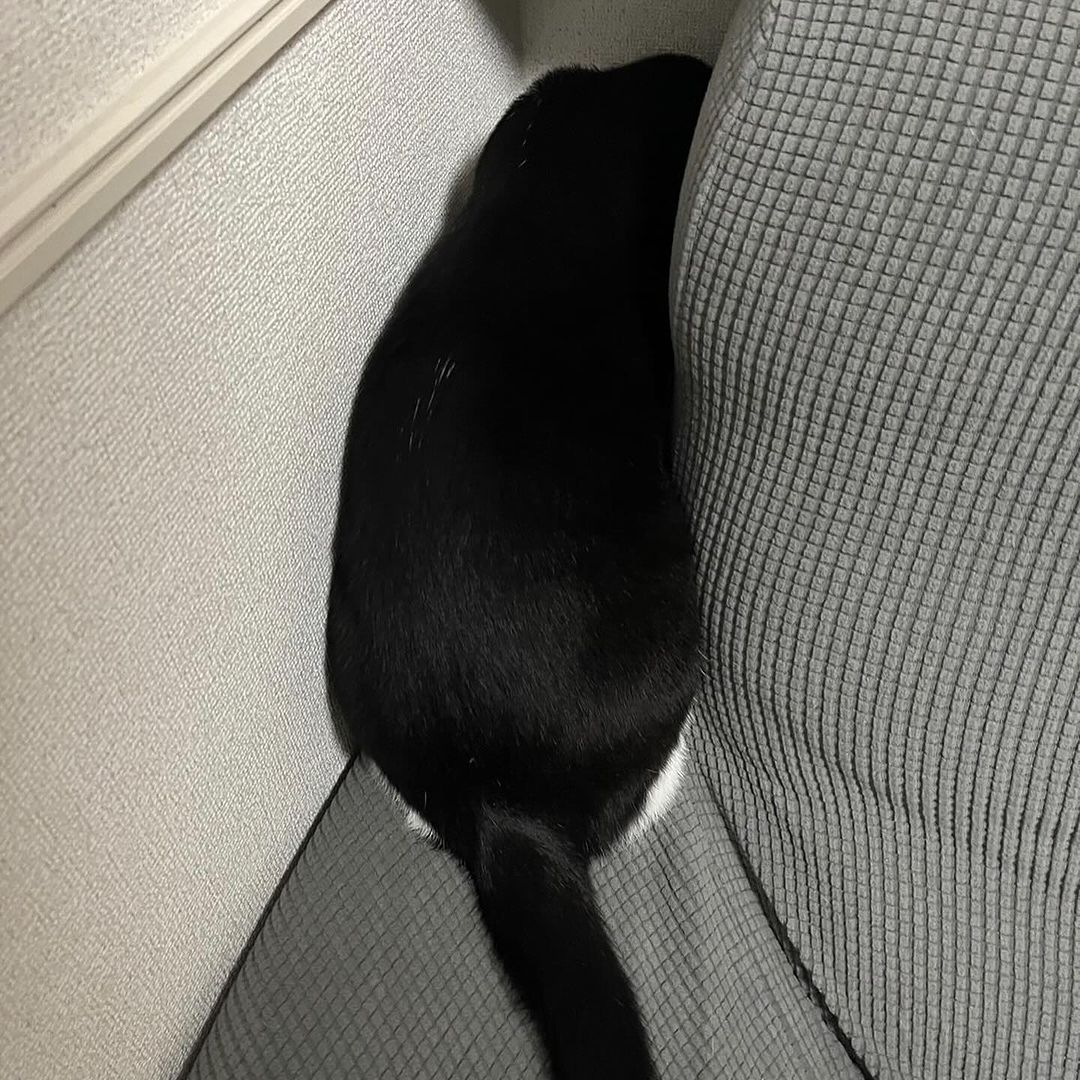Cats, with their enigmatic personalities and complex behaviors, can sometimes leave their human companions puzzled, especially when they suddenly start avoiding interaction.
This shift in behavior can be disheartening, leaving you wondering what went wrong. Understanding the intricacies of why your cat may suddenly be giving you the cold shoulder requires patience, observation, and a bit of feline psychology.
Let’s explore the potential reasons behind this behavior and strategies to rekindle your bond.
Understanding the Feline Mind
Cats are creatures of habit, and any deviation in their routine or environment can have a significant impact on their behavior.
Their responses to stress, fear, or discomfort can often be subtle, making it challenging to pinpoint the exact cause of their sudden aloofness.

However, several common factors can lead to your cat avoiding you, ranging from health issues to changes in their environment.
1. Negative Associations
Cats have a remarkable memory for negative experiences. If a recent interaction with you was less than pleasant (e.g., stepping on a tail or a loud reprimand), your cat might temporarily keep its distance.
It’s crucial to approach behavior correction with positive reinforcement rather than punishment to avoid these associations.
2. Changes in Environment or Routine
Cats thrive on predictability. A sudden change in your daily routine, the introduction of new household members, or even rearranging furniture can cause stress, leading to avoidance behaviors.

Gradually introducing changes and maintaining as much of their routine as possible can help ease their anxiety.
3. Health Concerns
A cat that’s feeling unwell or in pain may withdraw and avoid interaction to cope with their discomfort. Regular health check-ups and being vigilant about any signs of illness are essential in addressing and alleviating their distress.

4. Fear and Trauma
A frightening experience, such as a loud noise, an encounter with an aggressive animal, or a stressful visit to the vet, can lead to your cat seeking solace in solitude.
Providing a safe, quiet space where your cat can retreat and recover at their own pace is vital.
5. Attention Seeking or Independent Streak
Your cat’s avoidance may not always stem from a negative experience. Sometimes, cats simply seek attention on their own terms or display their independent nature by taking some time away from human interaction. Respecting their need for space while remaining available for affection is key.

6. Cognitive Changes in Senior Cats
As cats age, they may experience cognitive decline, affecting their perception and behavior. They might become more cautious or confused, leading to avoidance. Consulting with a veterinarian can offer insights and potential treatments to improve their quality of life.
Rebuilding the Bond: Patience and Understanding
Understanding the root cause of your cat’s sudden avoidance is the first step toward addressing the issue. Here are strategies to help rebuild your bond:
- Give Them Space: Allow your cat to come to you on their terms. Forced interactions can further stress them.
- Maintain a Routine: Keeping a consistent schedule for feeding, playtime, and affection can help your cat feel more secure.
- Positive Reinforcement: Encourage desired behaviors with treats and praise, reinforcing a positive association with your presence.
- Environmental Enrichment: Providing stimulating toys, climbing structures, and safe outdoor access (if possible) can enhance your cat’s wellbeing and reduce stress.
- Consult a Veterinarian: If you suspect health issues or significant behavioral changes, a professional evaluation can provide clarity and treatment options.
Embracing Their Complexities
Cats are fascinating creatures, each with their unique personality and way of communicating. Their sudden avoidance can be a puzzle, but with patience, observation, and empathy, you can uncover the reasons behind their behavior and take steps to reassure them of your love and care.
By respecting their needs and providing a stable, affectionate environment, you’ll likely find your feline friend warming up to you once again, ready to share in the comfort and joy of your special bond.


